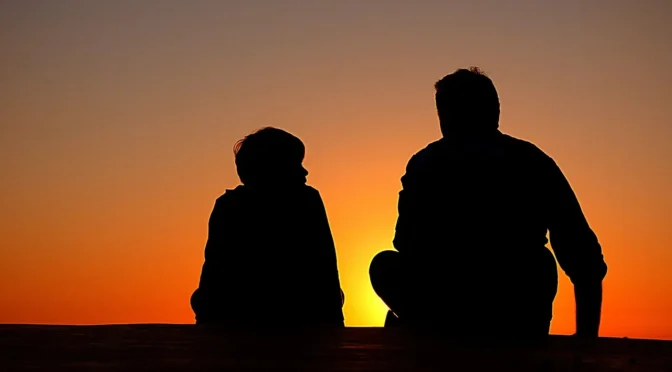In our day-to-day existence it is quite easy for us to lose track of time as we go about our duties on our job, within activities in our home, etc. Our routines are just that, as we keep to habitual patterns of behaving and experiencing. Then suppose that something unique happens in our life to break the Common Trance for us, if only momentarily.

Suppose, for example, while we are within our home attending to our tasks for the day, that the doorbell rings and we answer the call to meet a man or a woman on our doorstep who is in obvious distress. This human has perhaps run out of gas directly in front of our home and needs to use our telephone to get assistance from a family member.

Any unusual intervention would do here, you see. The human in distress has interrupted our routine and brought us back into the moment of experiencing. We are now focused within this moment as we decide what to do with this stranger. We are perhaps assessing them as to whatever dangers they may present to us. Or we may be already assured, by some internal response, that they are harmless, let us say, as we prepare to allow them into our home. Or perhaps we are only prepared to make the call for them as they wait on the other side of the locked door.
